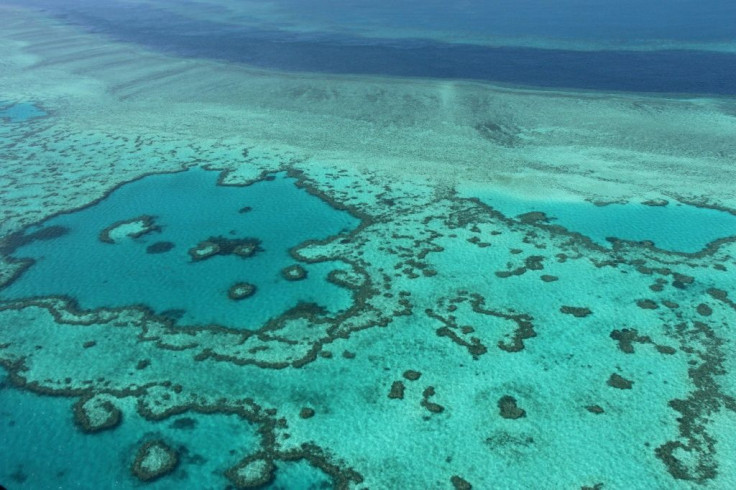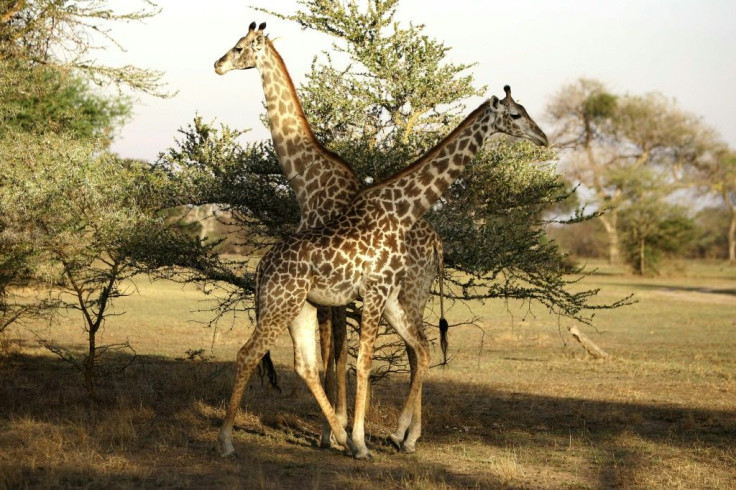Britain, Australia Brace For UNESCO World Heritage Rulings
The world heritage committee of the UN's cultural agency UNESCO begins debating Friday its list of World Heritage sites, with Australia and Britain furious over looming changes to the status of the Great Barrier Reef and Liverpool city.
Nearly 50 new sites could be added to the over 1,100 listed worldwide by UNESCO as World Heritage, during two weeks of online meetings hosted by China.
The agenda is particularly heavy after last year's meeting was cancelled because of the Covid pandemic.
The prestigious World Heritage label can be a boon for tourism while encouraging governments to protect cultural or environmental treasures, under the watchful eye of UNESCO advisers.
But addition isn't permanent, and sites can also be stripped of their status or be warned they are at risk.

The agency's expert committee will be examining the state of conservation of around 250 sites, of which 53 are already on its "List of World Heritage in Danger" -- a move meant to prod officials into taking corrective action.
The at-risk list includes the historic waterfront and docks of Liverpool, the northwest England port city that played a key role in Britain's industrial revolution, and which risks outright deletion.
The so-called Maritime Mercantile City also saw the departure of millions of emigrants -- as well as African slaves -- to the United States and elsewhere, a history that forged what UNESCO deemed Liverpool's "distinctive character and unique spirit."
But since 2012 the agency has locked horns with local officials over development that has seen extensive restorations but also new construction that UNESCO experts say is overwhelming the district.
It has urged the city to limit building heights and reconsider a new stadium at the Bramley-Moore Dock, warning of "significant loss to its authenticity and integrity."
Another high-profile site threatened with losing its heritage status is the Selous Game Reserve in Tanzania, one of Africa's biggest remaining wilderness expanses.

UNESCO experts say rampant elephant poaching as well as the sale of logging rights and a dam project on the Rufiji river could cause "irreversible damage."
Australia meanwhile has assailed the recommendation to add the Great Barrier Reef to the in-danger list after seeing the 2,300-kilometre (1,400 miles) system lose half its corals since 1995.
The government blames global warming for mass coral "bleaching" in recent years, which occurs when the invertebrates expel algae living in their tissues that supply a crucial source of nutrients.
UNESCO experts counter that pollution run-off has contributed to a drop in water quality, pointing in particular at the Carmichael Coal Mine, and say clean-up efforts have fallen short.
Australia itself has downgraded its outlook for the ecosystem to "very poor" from "poor," they noted.
In a draft report ahead of the meeting, UNESCO experts said Canberra must pledge "stronger and clearer commitments, in particular towards urgently countering the effects of climate change, but also towards accelerating water quality improvement and land management measures."
Another site that may go on the in-danger list is Venice, where UNESCO has warned for years about the risk of irreparable structural damage to the lagoon city from the waves generated by huge cruise ships.
The agency has also called for "more sustainable tourism management" to preserve the artistic masterpieces of a city at the heart of the Italian Renaissance such as St Mark's Basilica.
On Tuesday, the Italian government said it would ban large cruise ships from sailing into the centre of Venice, diverting them instead to an industrial port.
© Copyright AFP 2024. All rights reserved.





















